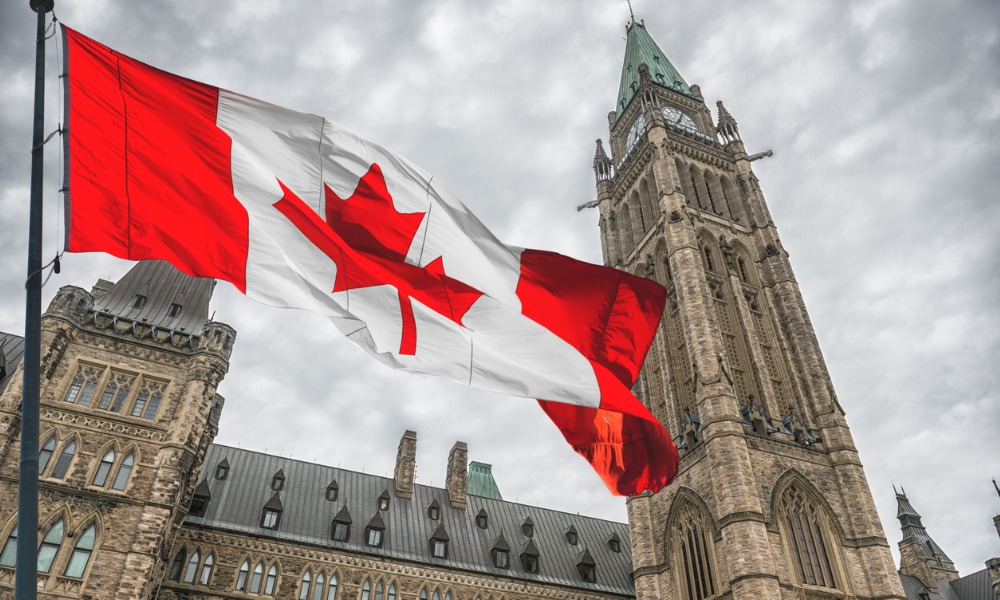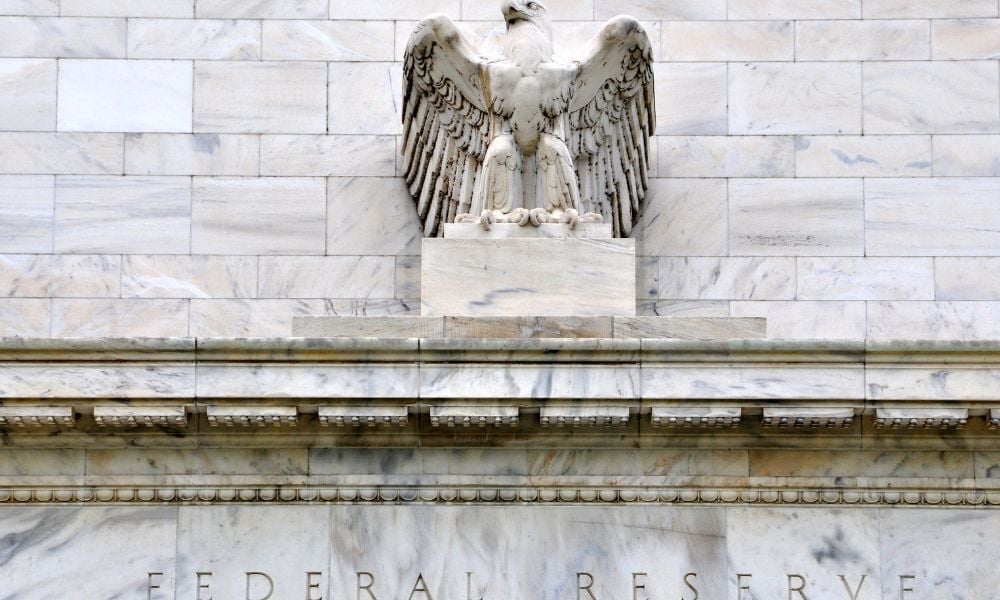The President’s rhetoric contrasts with the Fed Chair’s caution, Paul Eitelman offers some clarity

Paul Eitelman’s view following US Fed Chair Jerome Powell’s congressional testimony on Tuesday is that the Federal Reserve is unlikely to cut its interest rates before September. Eitelman is the Global Chief Investment Strategist at Russell Investments. He believes that Powell’s insistence on inflation risks raised by US tariffs and trade policy mean that despite some signs of slowing growth in the US economy, rates may remain steady through the summer.
“We do expect…tariff inflation to show up more," Powell told the House Financial Services Committee on Tuesday. "But I want to be honest, we really don't know how much of that's going to be passed through to the consumers. We just don't know. And we won't know until we see it.”
Eitelman’s confidence in that timeline comes despite the US President’s explicit attacks on Powell’s decision making and tone. In an overnight post on his Truth Social platform on Tuesday, President Trump called Powell a “very dumb, hardheaded person.” As well, two Fed governors — Michelle Bowman and Chrostopher Waller — recently voiced their support for immediate cuts in remarks over the past week. Eitelman, however, notes some of the historical lessons playing out in the Fed Chair’s thinking, emphasizing how that history informs a more cautious tone.
“Chair Powell doesn’t want a repeat of the 1970s where a sustained inflation overshoot and a series of adverse supply shocks eventually unanchored inflation expectations,” Eitelman said. “It took a severe recession engineered by Paul Volcker in 1982 to get inflation back under control and – even then – long-term interest rates remained high for a protracted period thereafter.”
There is some historical precedent to the President’s rhetoric around the Fed, as well. While Eitelman notes that Presidents have largely refrained from commenting on monetary policy for the past five decades. However, Presidents Nixon, Johnson, and Truman each engaged in some form of explicit calls for monetary policy that suited their wider policy aims. Johnson, famously, pinned longtime Fed chair William McChesney Martin against the wall of his Texas ranch saying “my boys are dying in Vietnam, and you won’t print the money I need.” While insulting a Fed chair on social media may seem new, it draws from some element of Presidential heritage.
Eitelman argues, though, that both markets and the Fed should remain unfazed by the President’s exhortations. He notes that the Federal Open Markets Committee (FOMC) was unanimous in its decision to hold rates steady earlier this month. If more political pressure begins to be exerted on the Fed, by either the President or the US Congress, Eitelman believes that treasury yields would begin to rise steeply as investors priced in more medium-term inflation risk. He notes that foreign investors may pull more money out of the US, too, as the integrity of its institutions may come into question. That, in turn, might weaken US dollar and US equity performance.
Trump’s ability to put his thumb on the scales of FOMC decisions may change in May of next year, however, when he gets a chance to nominate a new Fed Chair.
That is not to say Eitelman believes the Fed will hold simply to spite the President. He sees two possible routes that could bring the FOMC back towards cuts. Should the labour market weaken significantly, the FOMC may be more focused on the employment side of their dual mandate. Eitelman argues that should such a turn occur in the labour market, it would cause the Fed’s inflation concerns “to fly out the window.” He notes, though, that he doesn’t see evidence of a meaningful labour market breakdown.
If inflation continues to surprise to the downside, however, Eitelman notes that Powell might turn Dovish. Core PCE inflation, he notes, is tracking around 1.5 per cent annualized from February through May, which Eitelman describes as “an excellent stretch of data.” Powell’s explicit concerns about the inflationary impact of tariff policy, however, may be causing him to discount those more positive numbers from earlier in the year.
“We do see a few early warning signs of tariff-driven inflation for the month of June. For example, the biggest online retailers appear to be raising prices on imported products in recent weeks. And Nielsen data shows a similar pickup in non-food items sold in stores this month,” Eitelman says. “But those signals might not prove prescient. And Powell made it clear in his testimony today that if we continue to get favorable inflation readings for June and July that could motivate a dovish shift back to cuts in time for the September FOMC meeting.”



